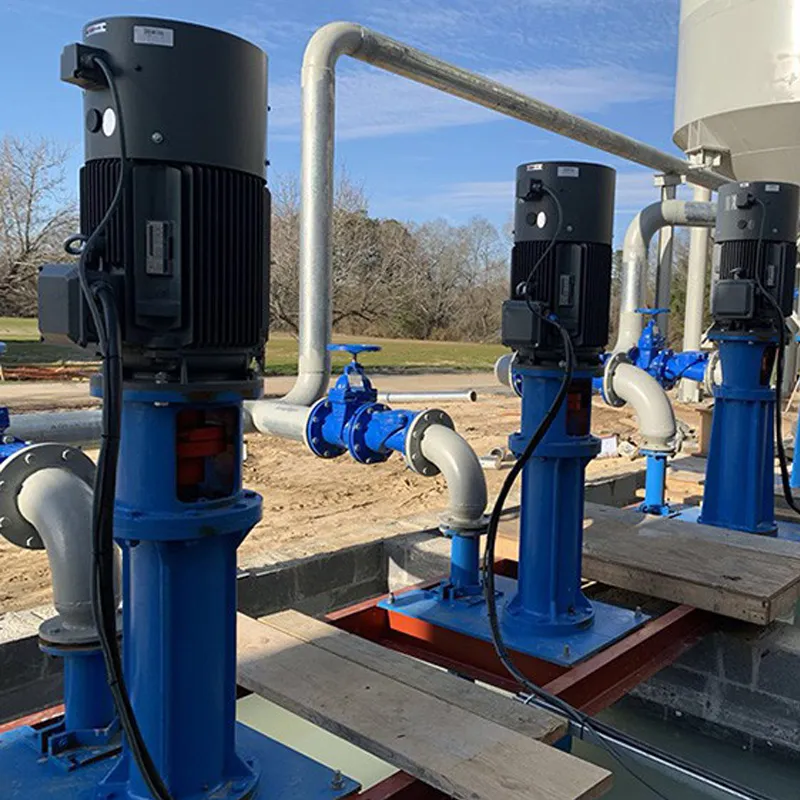English
- Afrikaans
- Albanian
- Amharic
- Arabic
- Armenian
- Azerbaijani
- Basque
- Belarusian
- Bengali
- Bosnian
- Bulgarian
- Catalan
- Cebuano
- Corsican
- Croatian
- Czech
- Danish
- Dutch
- English
- Esperanto
- Estonian
- Finnish
- French
- Frisian
- Galician
- Georgian
- German
- Greek
- Gujarati
- Haitian Creole
- hausa
- hawaiian
- Hebrew
- Hindi
- Miao
- Hungarian
- Icelandic
- igbo
- Indonesian
- irish
- Italian
- Japanese
- Javanese
- Kannada
- kazakh
- Khmer
- Rwandese
- Korean
- Kurdish
- Kyrgyz
- Lao
- Latin
- Latvian
- Lithuanian
- Luxembourgish
- Macedonian
- Malgashi
- Malay
- Malayalam
- Maltese
- Maori
- Marathi
- Mongolian
- Myanmar
- Nepali
- Norwegian
- Norwegian
- Occitan
- Pashto
- Persian
- Polish
- Portuguese
- Punjabi
- Romanian
- Russian
- Samoan
- Scottish Gaelic
- Serbian
- Sesotho
- Shona
- Sindhi
- Sinhala
- Slovak
- Slovenian
- Somali
- Spanish
- Sundanese
- Swahili
- Swedish
- Tagalog
- Tajik
- Tamil
- Tatar
- Telugu
- Thai
- Turkish
- Turkmen
- Ukrainian
- Urdu
- Uighur
- Uzbek
- Vietnamese
- Welsh
- Bantu
- Yiddish
- Yoruba
- Zulu
Telephone: +86 13120555503
Email: frank@cypump.com
Oct . 11, 2024 22:23 Back to list
septic sewage pumps
Understanding Septic Sewage Pumps Essential Components for Efficient Waste Management
Septic systems are widely used in rural and suburban areas where access to municipal sewage systems is limited. These systems rely on a combination of natural and mechanical processes to treat and dispose of wastewater effectively. One of the vital components of a septic system is the sewage pump, also known as a septic pump. In this article, we will explore the function, types, and maintenance of septic sewage pumps, highlighting their importance in waste management.
What is a Septic Sewage Pump?
A septic sewage pump is a device designed to transport wastewater from the septic tank to the drain field or another treatment location. This pump plays a crucial role in ensuring that wastewater is adequately processed and that the system functions efficiently. When wastewater flows into the septic tank, solids settle at the bottom, while lighter materials float to the surface. The sewage pump helps move the liquid effluent to the drain field, where it can be further treated by the soil.
Types of Septic Sewage Pumps
There are several types of septic sewage pumps, each suited for different applications
. The most common types include1. Effluent Pumps These are used to pump liquid effluent from the septic tank to the drain field. They are capable of handling solids up to a certain size, usually around half an inch. Effluent pumps are designed to operate in situations where gravity cannot facilitate the flow of wastewater.
2. Sewage Grinder Pumps Unlike effluent pumps, grinder pumps are equipped with a blade that grinds solid waste into smaller particles. This feature allows them to handle larger solids and prevent clogs in the system. Grinder pumps are often used in scenarios where the wastewater must be pumped over long distances or up steep slopes.
3. Sump Pumps While not exclusively for septic systems, sump pumps can play a role in managing groundwater that may infiltrate septic tanks. These pumps remove excess water to prevent tank overflow and maintain the system's integrity.
septic sewage pumps

Importance of Maintenance
Maintaining your septic sewage pump is crucial for the overall health of your septic system. Regular maintenance ensures that the pump operates efficiently and extends its lifespan. Here are some essential maintenance tips
- Monitor Performance Keep an eye on your pump's performance. If you notice unusual noises, frequent cycling, or a lack of pumping, it may indicate a problem.
- Check for Blockages Inspect the intake screen and outlet pipes regularly for blockages or clogs. Debris can hinder the pump's efficiency and lead to system failure.
- Pump Replacement On average, septic pumps last between 5 to 15 years, depending on usage and maintenance. If your pump is reaching the end of its lifespan, consider replacing it before it fails.
- Professional Inspection Schedule periodic inspections with a septic professional. They can assess your system’s health, recommend repairs, and provide maintenance tips.
Conclusion
Septic sewage pumps are essential components of a functioning septic system, critical for transporting wastewater and preventing system malfunctions. Understanding their types, functions, and maintenance requirements can help homeowners ensure the longevity and efficiency of their septic systems. With proper care and attention, a septic sewage pump can effectively manage waste, providing a sustainable solution for rural and suburban areas. Whether you are considering a new septic system or looking to maintain an existing one, investing time and resources in understanding your sewage pump is a wise decision for effective waste management.
-
ISG Series Vertical Pipeline Pump - Chi Yuan Pumps Co., LTD.
NewsJul.30,2025
-
ISG Series Vertical Pipeline Pump - Chi Yuan Pumps Co., LTD.|energy-efficient fluid handling&industrial durability
NewsJul.30,2025
-
ISG Series Vertical Pipeline Pump - Chi Yuan Pumps | Advanced Engineering&Industrial Efficiency
NewsJul.30,2025
-
ISG Series Pipeline Pump - Chi Yuan Pumps | High Efficiency, Energy Saving
NewsJul.30,2025
-
ISG Series Vertical Pipeline Pump-Chi Yuan Pumps|High Efficiency&Reliable Performance
NewsJul.29,2025
-
ISG Series Vertical Pipeline Pump|High Efficiency&Low Noise
NewsJul.29,2025










